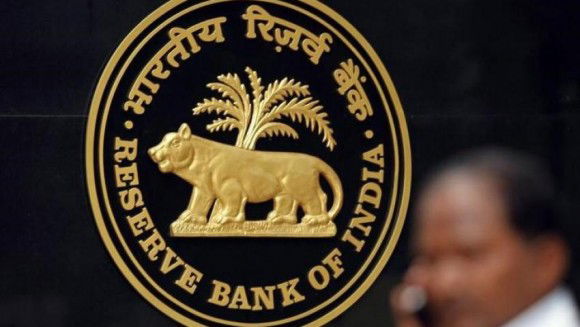Business
RBI has no data on scams in co-op banks post demonetisation: RTI

Mumbai, Jan 16: The RBI has admitted that it has no details of any irregularities or scams in the exchange of the demonetised currency notes of Rs 500 and Rs 1,000 by the cooperative banks, a reply under RTI revealed on Monday.
Prominent RTI activist Anil Galgali had sought information under the RTI on the extent of irregularities committed by state cooperative banks between November 8 and December 10, 2016, and alleged corruption by officials.
"However, according to its reply under the RTI, the RBI does not seem to have any data to justify its conclusion of widespread irregularities and scandals in exchanging the old currency notes vide state and district cooperatives banks across the country," Galgali told IANS, showing the terse RBI communication.
Six days after the demonetisation, the Centre had abruptly overturned its decision to permit note exchanges and disbursing the new currency notes on grounds of alleged money-laundering being carried out by state and district cooperative banks.
The decision directly hit millions of farmers, rural and semi-rural populations dependent on cooperative banks for access to formal banking services, sparking off a political uproar.
"I sought facts on the actual ground reality of these accusations made by the ruling Bharatiya Janata Party leaders against the cooperative banks which severely affected the non-urban populace," Galgali said.
The Right To Information query sought data on the alleged irregularities, scams, corruption detected in these cooperative banks with the names of the states, banks and action taken against the culprits.
The Public Information Officer of Reserve Bank of India, A.G. Ray, specifically said that they had no data on the apex state cooperatives and district banks, while data on urban cooperatives might be available from elsewhere.
"It is strange why accusations were hurled on the cooperative banking sector based on presumptions and they were kept out of the entire post-demonetisation exercise, grossly inconveniencing the non-urban population," Galgali remarked.
It appears that the decision on the most intricately networked financial institution of cooperative banking which forms the backbone of India's massive rural economy was taken on mere 'hearsay', he concluded.



































